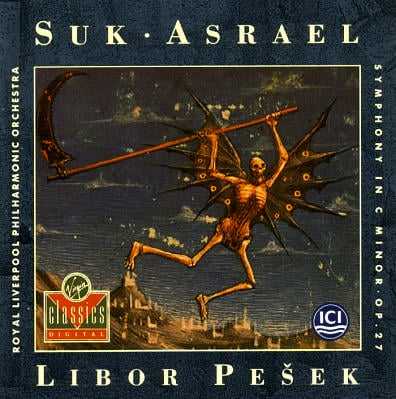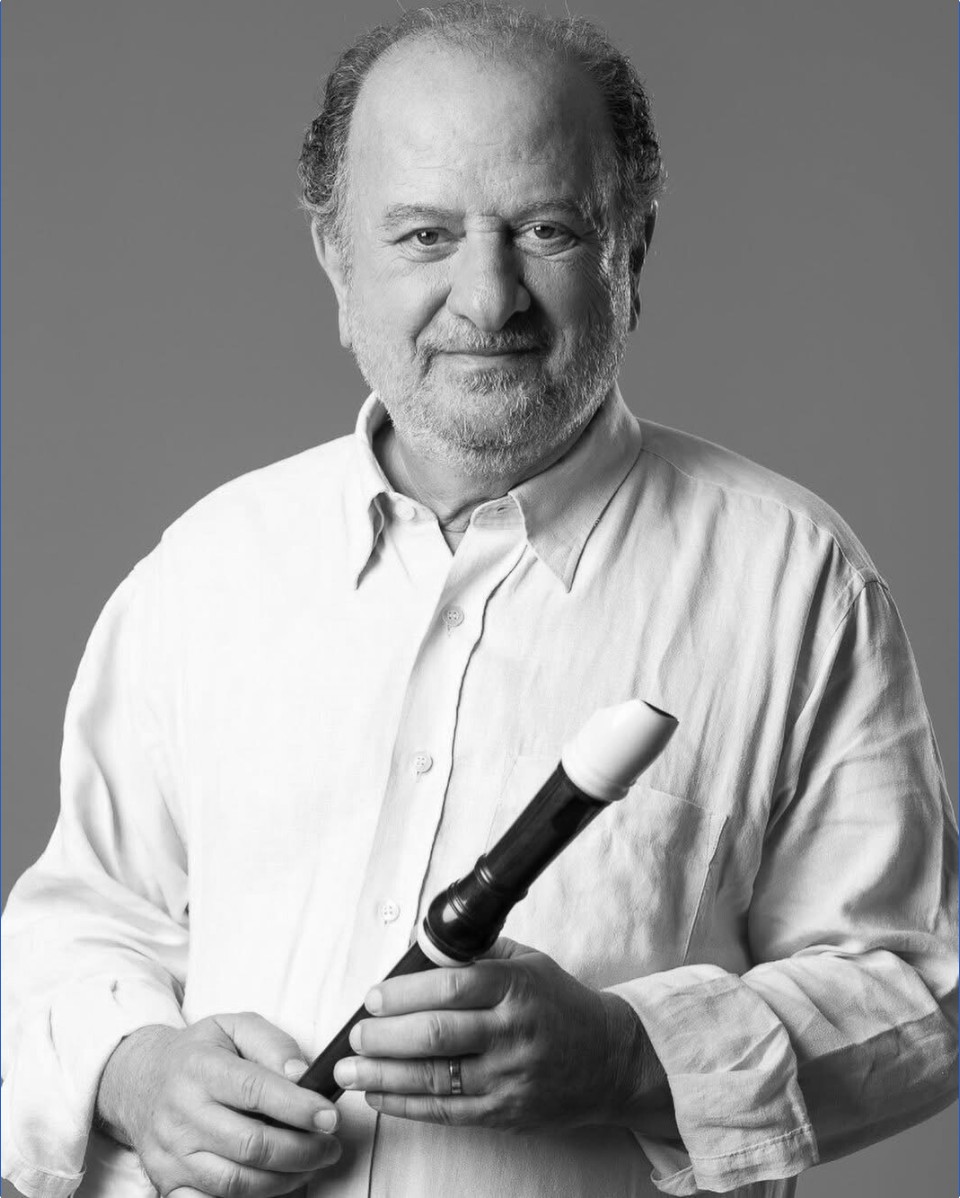A memoir of Libor Pesek in the recording studio
NewsA reminiscence of the lamented conductor, who died this week, by Alan Shenton of Virgin Classics:
Libor Pešek made a major contribution to the Virgin Classics label during its shortish life under Virgin ownership. He was one of three new mainstream conductors who Simon Foster signed to the label at the outset in 1987 (the others were Andrew Litton and Jukka-Pekka Saraste). More than just a recording artist, Libor was a friend to the label who went an extra mile or two to make things work when problems arose.
He built on the RLPO’s already considerable recording tradition, delivering not only Czech repertoire but also discs of Britten’s orchestral music and a memorable Strauss Heldenleben. He indulged us by recording my selection of movements from Prokofiev’s Romeo and Juliet rather than simply the suites.
In an era of prolific new orchestral recordings, two of his RLPO discs were bestsellers. Smetana’s Ma Vlast (recorded 1989) was the first to fit on a single cd and therefore an obvious winner. News of a recording of Josef Suk’ s Asrael Symphony (then hardly known) was greeted with joy by London cd stores in the following year, when they were less than keen to make shelf space for another under- selling Beethoven cycle.
The Asrael Symphony proved to be the first instalment of a cycle of Suk’s orchestral music. Outside Liverpool, Libor recorded for us with the Philharmonia: a Ravel disc includes Arleen Auger’s performance of Shéhérazade and a young Christian Tetzlaff can be heard in the Violin Concerto on a disc of Janacek’s orchestral music (Walthamstow Town Hall, 1990). Libor’s Dvořák cycle was shared between the RLPO and the Czech Philharmonic.






Comments